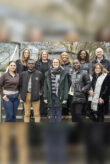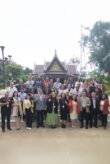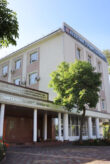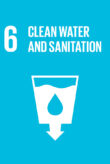PTB, in partnership with the Ministry of Science and Technology (MoST) and the Directorate for Standards, Metrology and Quality (STAMEQ) in Viet Nam, is implementing a bilateral, BMZ-funded project called “Promotion of Quality Assurance Services for Sustainable Energy” in Viet Nam from 2022 to 2025. The project aims to enhance the quality infrastructure (QI) services that are offered for renewable energy production and use. A particular focus here is on photovoltaic (PV) systems. The project includes metrology, standardization, conformity assessment (which includes testing, inspection, and certification), and quality assurance mechanisms.
From 6 to 10 November 2023, a study tour to Germany and Switzerland was conducted in the context of the project. It aimed to bring together representatives from key partner institutions in Viet Nam and to promote the importance of QI in renewable energy, especially in the PV sector. The twelve-member delegation from Viet Nam was led by the Deputy Minister of MoST, Dr Le Xuan Dinh, and the acting Director General of STAMEQ, Dr Ha Minh Hiep. The delegation represented the country’s national standards body (VSQI), the Vietnam Metrology Institute (VMI), and various relevant departments of STAMEQ and its conformity assessment bodies.
The study tour began in Berlin, where the delegation visited the Kiwa PI Berlin (Photovoltaik-Institut Berlin AG), a global conformity assessment body and consultancy firm for the quality assurance of PV, as well as the German standardization body DIN. The entire second day was spent at PTB in Braunschweig. There, the delegation visited PV laboratories and attended meetings with Dr Röttger, a member of PTB’s Presidential Board, innovation cluster heads, and the metrology department for solar modules and solar cells. Next, the delegation made a stop in Freiburg, known as the most sustainable city in Germany, to visit the “Future Lab” and “Greencity Freiburg” initiatives. After crossing into Switzerland, the last day was dedicated to standardization in renewable energy and sustainability, with visits to the International Organization for Standardization (ISO) and the International Electrotechnical Commission (IEC).
The study tour was organized with a strong focus on sustainability, which is why the delegation mainly relied on long-distance trains and public transport in Germany and Switzerland. The PTB project team was able to successfully navigate the group through a few delays and timetable changes.
Throughout the meetings and visits, lively discussions arose, often focusing on how to apply the knowledge and insights gained back home. Since 2019, Viet Nam has seen a rapid expansion of its PV sector. The development of quality assurance services, however, is lagging significantly behind.
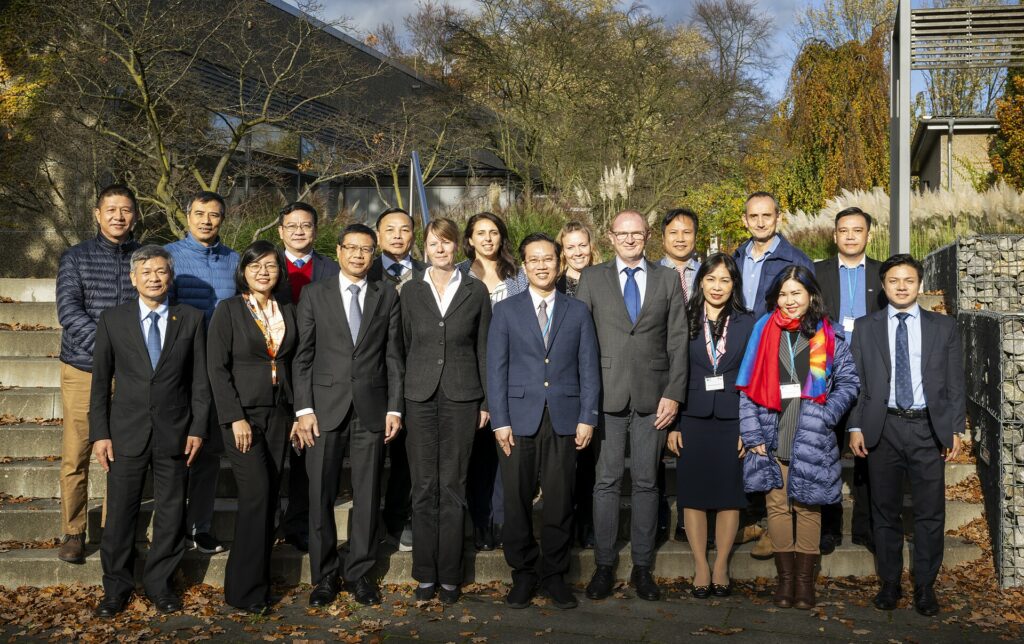
Against this background, the discussions with QI institutions and sustainability agencies in Germany provided insights into QI services for PV such as testing, inspection, and market surveillance of PV products; auditing PV producers and importers; and calibrating PV cells and modules. Also, the end-of-life debate came up in talks with PI Berlin and DIN, a problem that needs to be addressed also by Viet Nam in the medium to long term. The discussions with ISO and the IEC in Geneva reaffirmed VSQI’s intention to plan for stronger participation in international standardization processes for renewable energy, including solar energy. If Viet Nam, an Associate Member of the IEC, were to also become engaged in the technical committee on solar PV energy systems (TC 82), the country would gain access to the latest standardization trends in this field.
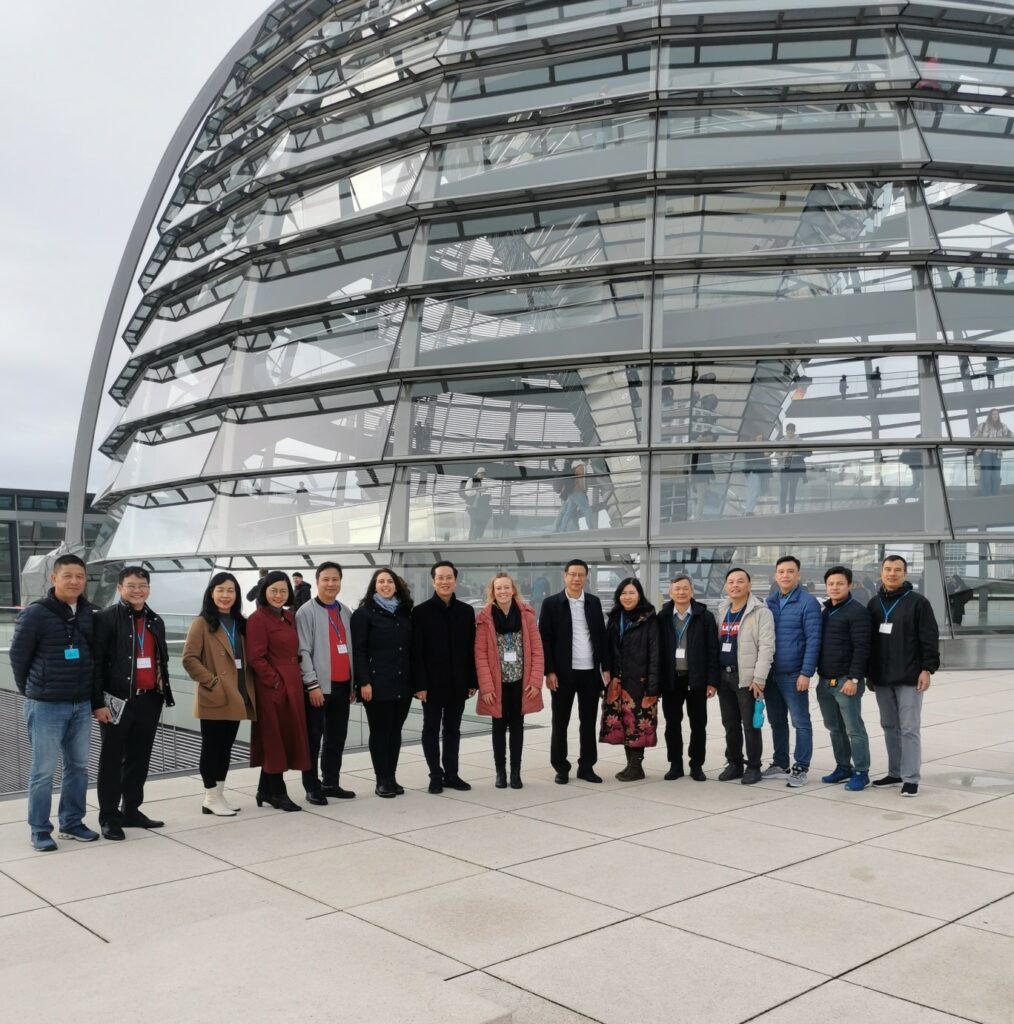
Overall, the delegation was very satisfied with the study tour. They were particularly pleased with the preparation, agenda, and logistical arrangements and expressed their satisfaction with the selection of agencies and institutions that were visited.
Dr Dinh sent deep thanks to the PTB team for the excellent organization of the trip. Meanwhile, Dr Hiep expressed his gratitude after the study tour in an appreciation letter: “Through exchanges and discussions with [all] the agencies, the delegation learned more about Germany’s quality infrastructure in the field of photovoltaics as well as development trends and standards building around the world in this field, which will help to more clearly define the activities of cooperation with Germany in the coming time and strengthen Viet Nam’s quality infrastructure in the field of photovoltaics.”
Upon returning home, the delegation engaged in an internal discussion regarding the insights gained during their visit and the way forward. They identified several German and global QI for PV (QI4PV) initiatives that could potentially be integrated into the project’s current operation plan or considered for the project’s second phase (2025-2028) which is already in the planning stage.
After the group returned home, the PTB team organized strategy meetings on the four project components to revise the project’s operational plans on standardization, metrology, conformity assessment, and cross-sector cooperation. The study tour helped the team to identify ways to make the project activities more focused and refined. Additionally, the tour greatly improved the team spirit between the PTB team and their Vietnamese counterparts, setting a solid foundation for future collaborations.
Cover image © IEC



